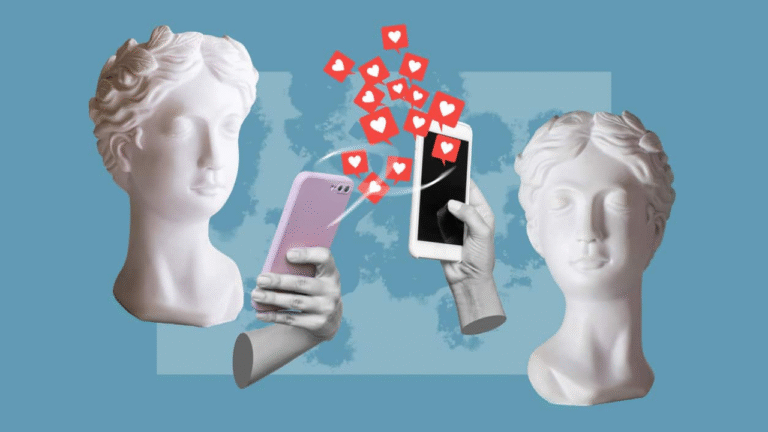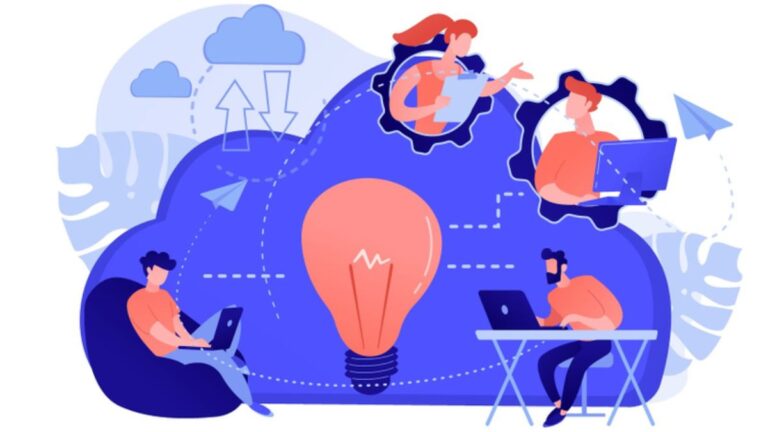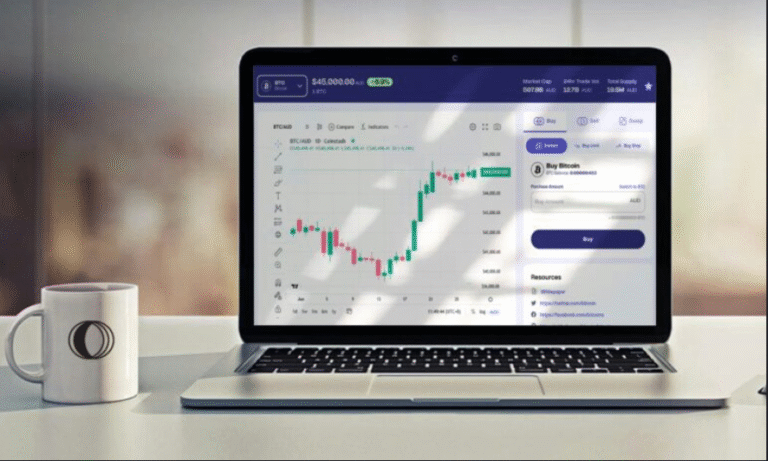Breaking News: What’s Really Happening in the Digital World Today
The digital world is racing ahead at a breathtaking pace. Every day brings fresh headlines—from new technologies and policy decisions to unexpected shifts in power among global tech giants. In this article, we delve into the most essential developments shaping our online lives, offering insight into what really matters.
1. Biometric Digital IDs Are Going Mainstream
One of the most striking stories this week centers around Sam Altman’s Worldcoin initiative. The project, now rolling out in the UK, uses iris-scanning devices—called Orbs—to verify individuals and issue “World IDs.” The goal is to ensure users are human and not bots, at a time when AI-generated content threatens to flood the internet. Proponents say this will restore trust and prevent fraud. Critics, however, raise concerns over privacy, data security, and misuse of biometric information.
2. Tech Platforms Lobby for Balanced Regulation
The Digital Industry Group Inc, which includes Meta, Google, and Microsoft, has presented a new report in Australia showing that households benefit by nearly AUD 7,836 per year from digital services—adding up to AUD 81.9 billion in total savings. These services include free email, search tools, social media, and entertainment platforms.
They urged policymakers to strike a careful balance between user protection, privacy, and encouraging innovation. As governments draft new regulations—such as age-verification laws—tech companies push for frameworks that avoid stifling growth.
This project reflects a deeper shift: as AI-generated media becomes more convincing, systems to ensure human authenticity are becoming increasingly important.
3. London Tech Week Highlights AI’s Economic Power
Recent sessions at London Tech Week underscored AI’s expanding role in Europe. NVIDIA CEO Jensen Huang and UK Prime Minister Keir Starmer both stressed that AI is now infrastructure—needing public and private investment. London will receive £1.5 billion to ramp up compute capacity, along with a £1 billion boost aimed at giving 7.5 million UK workers AI training by 2030.
Major partnerships emerged too, such as Microsoft UK deploying 100,000 Copilot AI assistants with Barclays. This milestone signals a broader move toward embedding AI into everyday business operations.
4. Google’s AI Tools Shake the News Industry
Google’s new AI Overviews and AI Modes are reshaping how users access news. Instead of visiting multiple websites, people are now receiving direct answers generated through AI. For publishers, this means significantly reduced search traffic; some outlets experienced a 55 percent drop in visits between 2022 and 2025, which has led to layoffs and rethinking of business strategies.
News companies are now focusing on subscription models, live events, and user engagement—areas that are less dependent on search referrals.
5. EU Tech Fee Disputes Heat Up
In Brussels, Meta and TikTok are challenging proposed platform fees in the European Union. The disputes reflect broader tensions over how big tech contributes to regional economies and regulation. At the same time, infrastructure-heavy enterprises like data centers are facing stricter energy use rules, reshaping regional digital policies.
This tug of war between regulation and innovation continues to shape tech strategies across multiple countries.
6. Internet and Social Media Reach Record Highs
New global data from April 2025 shows that 5.64 billion people—nearly 69 percent of the world—are using the internet. Social media accounts have reached 5.31 billion identities, growing by 241 million in one year.
Mobile devices now account for 62 percent of global web traffic, and social media usage is approximately 19 hours per week per user. These numbers highlight the scale and influence of digital networks on both individual behavior and global trends.
7. Deepfakes Threaten Digital Trust
A recent academic study confirms that deepfake tools are now easy to use and often low-cost. With platforms like Runway and ElevenLabs, generating convincing synthetic media is within reach of casual users.
These technologies threaten to undermine trust and spread misinformation. They are fueling debates about regulation and countermeasures—from digital watermarking to legal frameworks.
8. Blockchain and AI Unite to Reinforce Authenticity
Some experts argue that blockchain can help restore trust in online content. By creating untamperable records and verifying identities, blockchain could function as a digital certificate of authenticity—a counterbalance to the deepfake phenomenon .
Though far from mainstream today, these ideas could form the foundation of a renewed, decentralised internet where users have control and transparency.
9. Digital Safety Becomes Global Priority
The World Economic Forum has rolled out a roadmap for protecting users from online harms. It recommends a four-step process focused on safety by design, regulatory cooperation, educational programmes, and effective incident response.
As digital platforms shape daily life more than ever, strategies to prevent harassment, misinformation, and fraud are being taken seriously by governments and industry leaders alike.
10. 6G, Metaverse, and Beyond
Looking ahead, the industry is preparing for the next leap forward. Experts predict that 6G, satellite internet, quantum networking, and more will reshape connections by 2030.
Similarly, metaverse technologies—immersive and avatar-based environments—are poised to gain traction. These will raise new questions around identity, privacy, and governance in online worlds.
What It Means for You
From biometric verification to AI and blockchain integration, today’s digital technologies are having real-world impact:
- Users need to stay vigilant about data privacy, recognize misinformation, and understand how their online behavior is tracked and monetised.
- Businesses must adapt to AI-driven shifts in digital marketing and invest in cybersecurity and trust-building.
- Governments face the challenge of crafting laws that protect citizens without slowing down innovation.
In Summary
The digital world of 2025 is dynamic and full of change. Major trends include biometric ID systems, AI-powered infrastructure, privacy regulations, declining traditional news models, and emerging technologies like the metaverse and blockchain.
Stay informed, verify sources, and embrace innovation with accountability. This is the digital landscape you are navigating—one shaped by both human agencies and powerful technologies.
Let me know if you’d like to explore any of these trends in depth or need help transforming this into a formatted blog for MistyInfo.com.co.
Keep an eye for more latest news & updates on MistyInfo!





